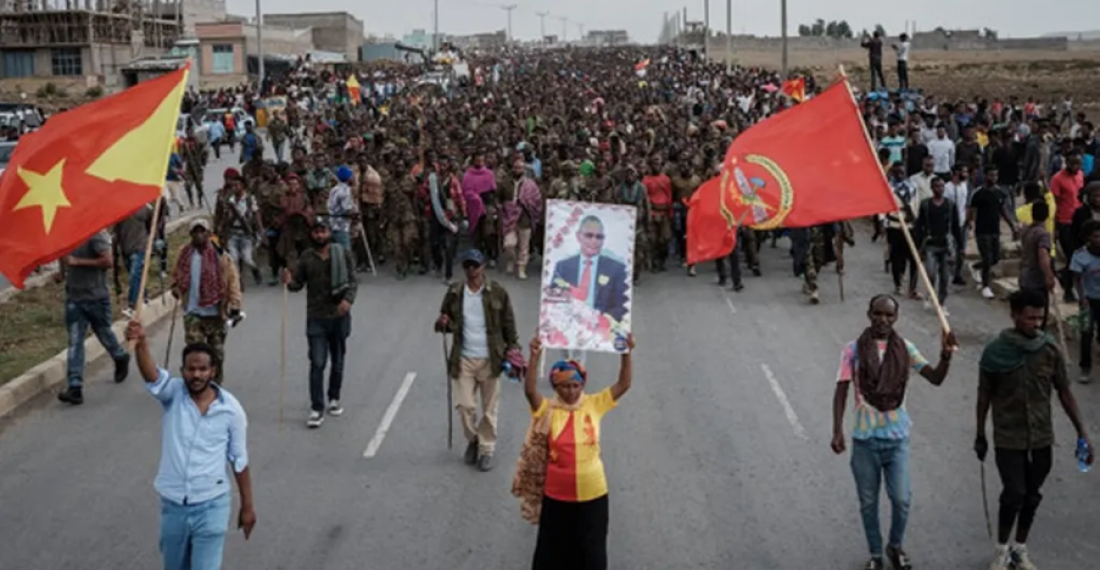The Ethiopian government announced on Monday (23 May) the arrest of over 4,500 journalists, activists and others in what it called a ‘law enforcement operation’ that started last week. Whilst Prime Minister Abiy Ahmed claims such arrests are vital to the safety and stability of Ethiopia amidst a war in Tigray, critics have accused the government of human rights violations, including extrajudicial detention and kidnappings.
The government crackdown comes as tensions between the Tigray People’s Liberation Front (TPLF) and Abiy Ahmed’s government forces continues to rise. A meagre uptick in aid arriving to the distraught Tigray region in the north of the country has failed to relieve pressure. It is expected that due to the worsening situation of Tigrayans, as well as the Ethiopian governments’ unwillingness to negotiate, conflict is imminent.
According to a recent study by Ghent University, more than half a million deaths in Tigray have already been attributed to the conflict. The government has widely blocked access to state services, communications, banking, and food imports. The UN claims that a frightening nine in ten Tigrayans require humanitarian relief. The Amhara Regional State Peace and Security Bureau Chief, Desalegn Tassew, said that many of those arrested were suspected of “using social media…to further destabilize the region”. President of the Amhara region, where the arrests took place, said that the measures targeted exclusively those that are involved in criminal activities such as illegal arms trafficking, killing, and robbery.
The Ethiopian Human Rights Council (EHRC) in a statement made on Sunday said it was closely monitoring the situation, observing that many detainees were not granted detention by court order, court appearances, or family visits. Daniel Bekele, the Chief Commissioner of the EHRC strongly condemned the arrests as “not in line with the principles of human rights” and “not appropriate”.
Late last year when TPLF coalition forces seemed to be on the brink of capturing Ethiopia’s capital, Addis Ababa, the government resorted to the mass arrests of ethnic Tigrayans. The UN High Commissioner for Human Rights stated at the time that over 1,000 Tigrayans had been targeted in illegal arrests throughout the capital city. Diplomatic pressure ultimately led to the release of many detainees, yet the practice has once again been put to use indiscriminately in Amhara state.
Many of those arrested were members of Fano, a government allied Amhara militia and activist group. This ‘marriage of convenience’ collapsed however as Amhara state officials grew increasingly angered at the central government’s inability to protect Amhara people from violence throughout the country
In recent weeks the government has lost its ‘monopoly over violence’ according to the Royal United Services Institute, due to supporting poorly financed militias aimed at fighting the TPLF. Crime rates have increased as a result and Abiy’s popularity has been declining, fracturing the support within his own party. =
The international community has been reluctant to place the Ethiopian conflict and consequent famine on its agenda due to the conflict in Ukraine. However, if diplomatic efforts are not accelerated soon civil war stretching beyond the borders of Tigray may erupt, according to experts.







